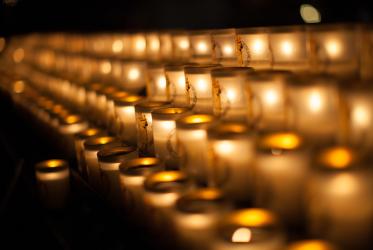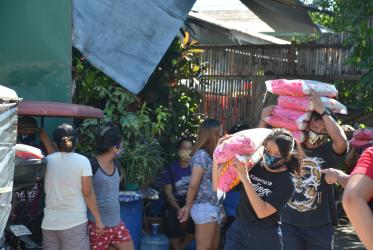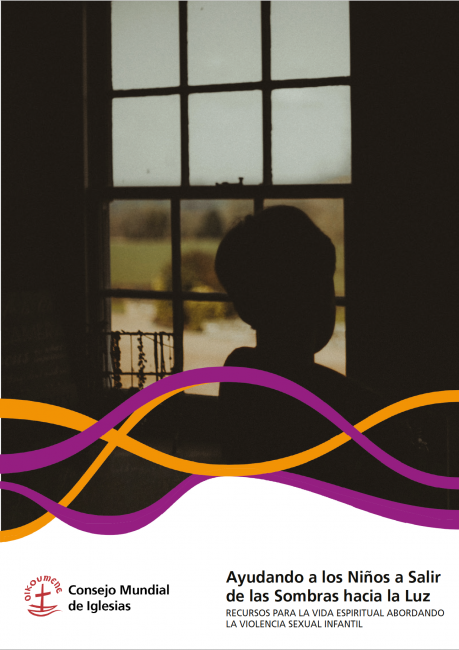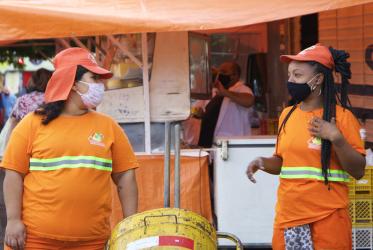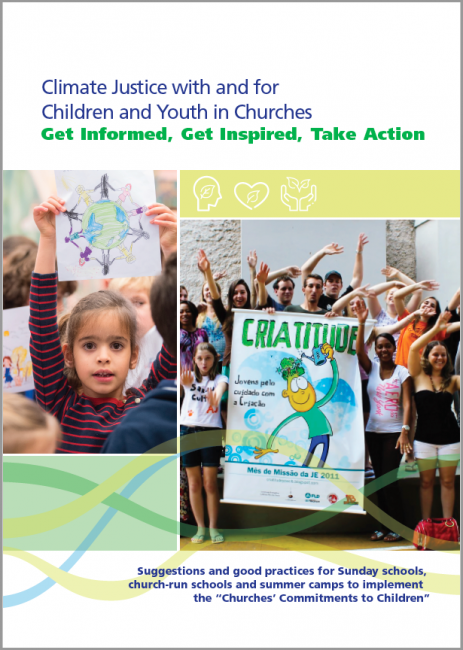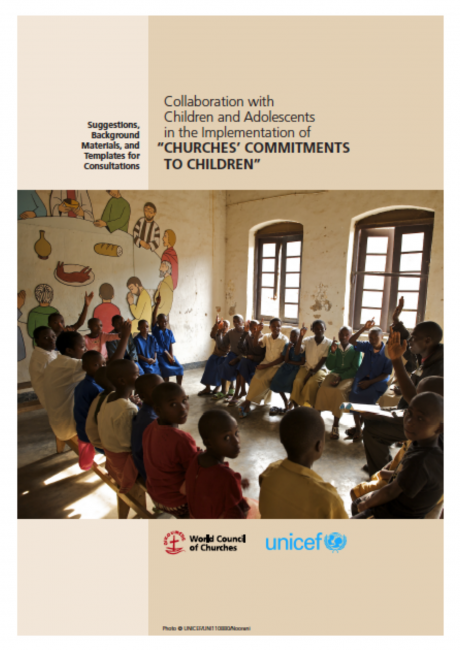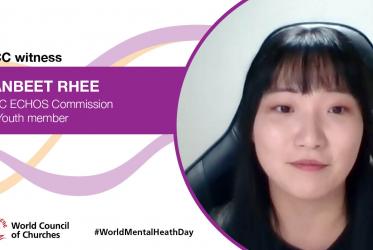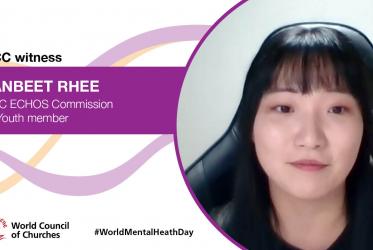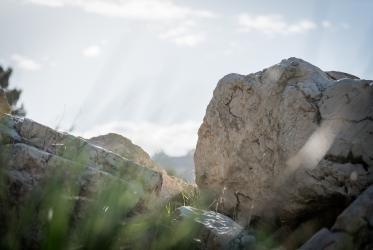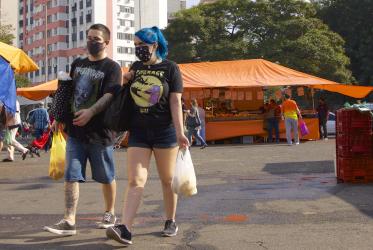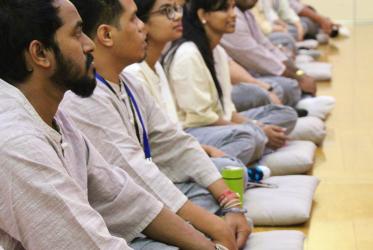Displaying 141 - 160 of 421
WCC Eco-School 2020 for Pacific region is further postponed
14 January 2021
WCC sends greetings to Taize youth as they gather online with hope
23 December 2020
WCC stands behind youth call for action on climate justice
25 November 2020
Cooler Earth - Higher Benefits
Actions by those who care about children, climate and finance.
20 November 2020
Frontline workers taking on “sacrificial burden” as COVID-19 spreads
06 November 2020
Helping Children Out of the Shadows and Into the Light: Brochure
Church Resources For Ending Sexual Violence Against Children
04 November 2020
Helping Children Out of the Shadows and Into the Light: Spiritual booklet
Resources For Spiritual Life Addressing Sexual Violence Against Children
04 November 2020
Climate Justice with and for Children and Youth in Churches
Get Informed, Get Inspired, Take Action
25 October 2020
Collaboration with Children and Adolescents in the Implementation of “Churches’ Commitments to Children"
Suggestions, Background Materials, and Templates for Consultations
25 October 2020
On World Mental Health Day, “expect your colorful life”
12 October 2020
On World Mental Health Day, “expect your colorful life”
12 October 2020
New student body at Bossey Ecumenical Institute “a source of joy”
14 September 2020


